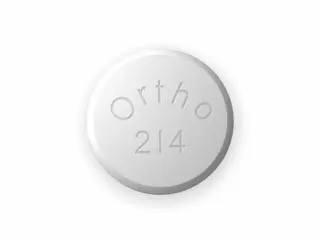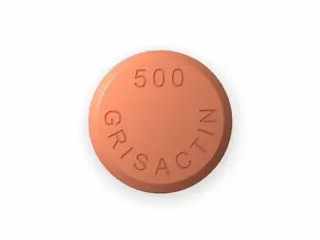Antifungal
Effective antifungal treatments to quickly relieve fungal infections and restore healthy skin and nails. Shop trusted brands for creams, sprays, and powders designed to eliminate fungi and prevent recurrence. Fast-acting formulas for athlete’s foot, ringworm, yeast infections, and more. Buy now for safe and reliable antifungal care.
Antifungal medications are essential for treating fungal infections that affect skin, nails, and internal organs. These infections can be persistent and uncomfortable. Using the right medicinal product ensures fast relief and prevents the spread of fungi. Below is a review of popular antifungal medications available in this category.
Diflucan (Fluconazole) is a widely used antifungal pill. It works by stopping the growth of fungus cells. Diflucan is effective against yeast infections like candidiasis. It is taken orally and often prescribed for vaginal yeast infections, oral thrush, and fungal infections of the blood. Patients report it is easy to take and has few side effects. It may cause mild nausea or headache in some cases. Diflucan is praised for its fast action and broad antifungal spectrum.
Grifulvin and Grifulvin V contain griseofulvin, an antifungal that fights infections in hair, skin, and nails. These pills are often used for treating ringworm and athlete’s foot. They require longer treatment periods, sometimes lasting several weeks or months. Griseofulvin works by inhibiting fungal cell division. However, it must be taken with fatty foods for better absorption. Some users experience mild dizziness or gastrointestinal upset. Despite slower effects, Grifulvin remains a trusted option for stubborn fungal infections.
Grisactin is an antifungal medication designed mostly for skin infections. It is similar to griseofulvin and works well for treating conditions like tinea infections. Patients appreciate that grisactin helps reduce itching and scaling quickly. Side effects are uncommon but may include skin rash or mild stomach upset. This medication is usually taken as a tablet and requires adherence to dosing schedules to ensure full cure.
Lamisil (Terbinafine) is a popular choice in antifungal treatment. It targets a wide range of fungi and is effective for nail infections and athlete’s foot. Lamisil works by interfering with fungal cell membranes. Many patients experience improvement within weeks. It also has a convenient once-daily dosing. Mild side effects can include headache, diarrhea, or skin rash. Lamisil is favored for its ability to clear infections faster than many other antifungals.
Lotrisone is a combination medication that includes an antifungal and a corticosteroid. It helps reduce fungal infections along with inflammation and itching. Lotrisone is especially useful for inflammatory skin fungal conditions. Patients often see rapid relief of redness and discomfort. However, it should be used carefully to avoid steroid-related side effects such as thinning of the skin. Lotrisone is usually applied topically, but its inclusion in this list is for its antifungal properties combined with anti-inflammatory effects.
Nizoral (Ketoconazole) fights a broad spectrum of fungal infections. It is useful for treating dandruff, seborrheic dermatitis, and various skin fungal infections. Nizoral disrupts the fungal cell membrane, stopping fungal growth. It is available in oral and topical forms. Oral Nizoral is effective but must be taken with caution due to potential liver side effects. Topical Nizoral shampoo is widely used for scalp conditions and is well-tolerated with minimal side effects.
Sporanox (Itraconazole) is another powerful antifungal medication used mainly for serious fungal infections. It treats infections of the nails, lungs, and other internal sites. Sporanox is effective due to its broad antifungal spectrum. It is taken orally and requires monitoring for side effects like liver problems or heart issues. Many patients find Sporanox highly effective for infections that do not respond to other treatments. It may interact with other drugs; therefore, a doctor's supervision is important during treatment.
In summary, antifungal pills vary in their use and effectiveness. Diflucan suits simple yeast infections; Grifulvin and Grisactin are better for skin and nail infections needing longer therapy. Lamisil offers fast relief for nails and skin. Lotrisone provides antifungal and anti-inflammatory action but is used topically. Nizoral covers scalp and skin fungal issues in multiple forms. Sporanox treats severe infections but requires medical guidance. Choosing the right antifungal depends on infection type, location, and patient health. Always follow the recommended dosage and complete the treatment course to avoid recurrence.
Understanding different antifungal options helps patients and healthcare providers select the best medication. These pills have improved quality of life for many dealing with fungal diseases. Proper use leads to effective fungal clearance without unnecessary side effects. For resistant or severe infections, medical advice is crucial. The availability of these antifungal agents ensures multiple treatment options for various fungal infections. Consistency and patient compliance remain key to successful outcomes.









